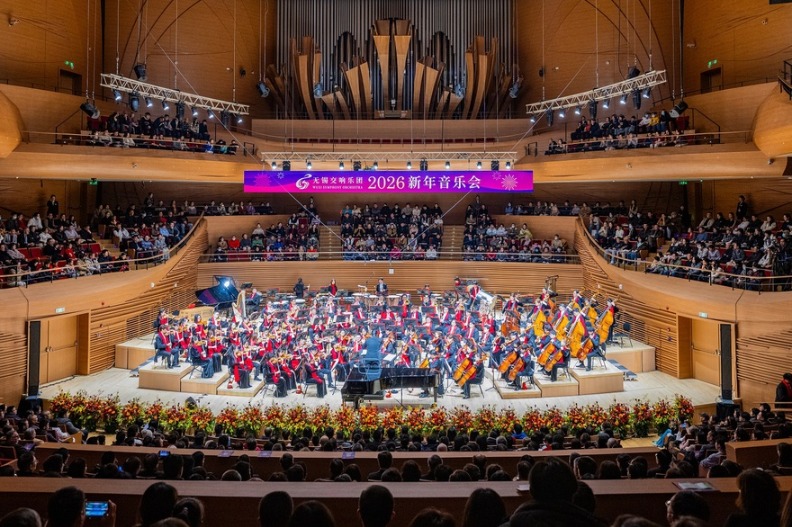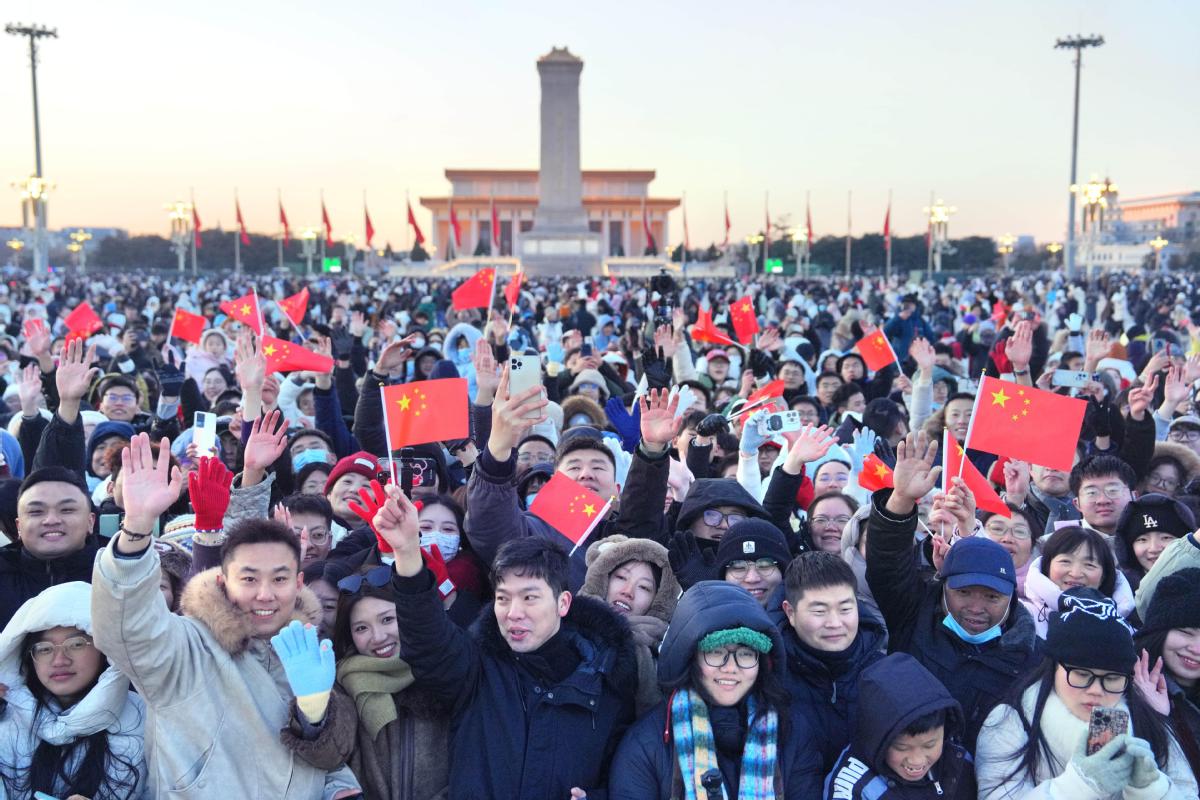The stories that moved us most during 2017


Change is only sustainable if it is driven by the people
By Zhu Lixin
As we start 2018, we draw ever closer to 2020, the year by which China's leadership has pledged to eradicate poverty.
Last year, I spent 35 days in Guhe, an impoverished village in Fuyang city, Anhui province. The experience made me realize that it will be anything but easy to fulfill that promise.
I had been sent to live in the village from late April to early June to see how people were working to ensure the success of the national poverty-relief plan.
Li Zongyin, Party chief of Guhe, impressed me most during my time in the village. Earlier in the year, his wife, Wu Yunlan, had been diagnosed with leukemia. She had treatment in the provinces of Jiangsu and Anhui until August when she died.
Li's three married daughters mainly took care of Wu, and he only spent three days with her in the hospital because he had to stay in Guhe to oversee regular village affairs, along with a number of business ventures and poverty-relief programs.
Wu urged Li to stay at home, because she knew he could do little to help her, but plenty to help the villagers.
Some villagers had serious illnesses but didn't know how to get financial help from the government, while others had lost their families and expected regular visits from cadres, and still others lived in clay houses on the verge of collapse and waited for subsidies to build new ones.
I wondered why Li did not just quit and let other people replace him, but I stopped asking that question when I saw how he represented the villagers in negotiations with workers constructing a huge electricity generator powered by numerous solar panels designed to assist the poverty-relief program in the village.
Li protected the agricultural land and prevented their workers' trucks from damaging the unsealed roads.
I was born and raised in a similar village in the same province. My parents were barely able to make ends meet, but all the villagers were in the same situation so I never thought of my family as impoverished.
China's rapid development has allowed many people in rural areas to live better lives, while others just failed to catch up.
It would be wrong for outsiders to blame rural residents and say they are lazy, because they haven't experienced similar misfortune.
I think most people would agree that poverty relief is not just about giving money to villagers, even though China is investing more money than ever in the project.
Things continue to improve, but real change can only be accomplished by people, not mere documents and money.
To help impoverished villagers, there must be people who are willing to stay at the front line and lend a hand, even though they have to make sacrifices sometimes.
In addition to the local village cadres-and there are often as many as eight in some villages-thousands of officials at different levels were sent to Anhui's impoverished villages this year to work in them for three years.
Some volunteered, while others were selected for the mission. Like soldiers sent to war, they didn't have a choice.
Contact the writer at zhulixin@chinadaily.com.cn
- 'Artificial sun' experiment finds way to break plasma density limit
- China reports 20% rise in inter-regional trips on first day of holiday
- China welcomes New Year in style
- Shanghai park holds ceremony for newly-arrived African penguin chick
- Yearender: Xi leads China through a pivotal 2025
- Tianjin University unveils initiative aimed at developing innovative leaders



































